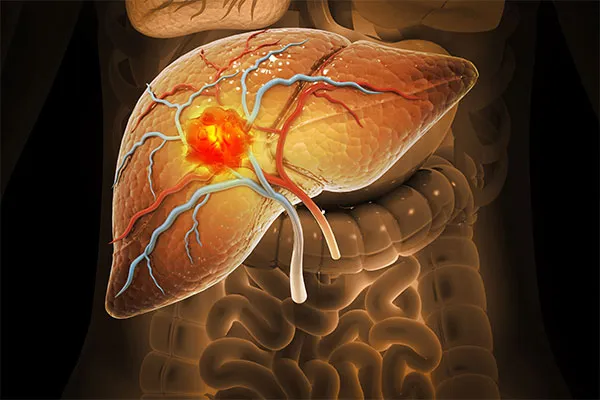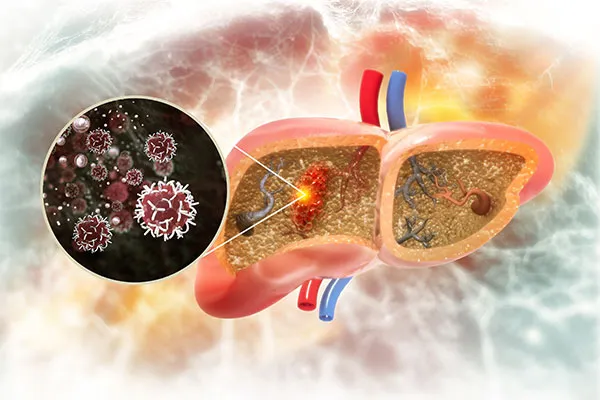Radiofrequency ablation therapy in Chandigarh is a highly advanced, minimally invasive procedure used to treat various medical conditions such as liver tumors, thyroid nodules, breast fibroadenomas, and chronic nerve pain. This technique involves using heat generated by radiofrequency energy to precisely destroy abnormal or unwanted tissue without the need for open surgery. Performed under ultrasound or CT guidance, the procedure ensures targeted treatment with minimal damage to surrounding healthy tissue. With experienced specialists like Dr. Rajarshi Bahadur and access to cutting-edge technology, radiofrequency ablation therapy in Chandigarh offers patients a safe, scar-free, and effective alternative to traditional surgical methods, along with faster recovery and excellent clinical outcomes.


Ablation for HCC is a precise technique used to destroy liver tumours without removing them. This method is recommended when surgery is not feasible due to the patient’s condition, liver function, or the tumour’s size, number, or location.
Indications for Ablation:
The procedure involves inserting a probe (a needle-like device) into the tumour, guided by X-ray or ultrasound imaging to ensure accurate treatment delivery. The type of anaesthesia (local or general) will depend on the specific tissue being ablated and will be determined by the doctor.
Some common types of ablation techniques employed for hepatocellular carcinoma include:
RFA utilises high-energy radio waves to destroy small tumours. A high-frequency current is passed through a probe inserted into the tumour, heating and killing the cancer cells.
MWA employs electromagnetic waves to heat and eradicate cancer cells effectively.
This technique uses cold gases to freeze cancer cells, causing them to die.
Useful for tumors near vital structures like bile ducts or blood vessels.
Benefits of Radiofrequency Ablation Therapy in Chandigarh:
A less invasive option than traditional surgery, leading to faster recovery.
Destroys tumour cells while preserving surrounding healthy tissue.
Patients typically experience a quicker return to daily activities.
The procedure has a lower risk of bleeding and other complications than surgical interventions.
While ablation is generally safe, potential risks may include:
Radiofrequency Ablation Therapy can be used to treat:
Regular check-ups and imaging to assess the treatment’s effectiveness on the tumour.
Patients can typically resume light activities within a few days, while heavy physical activities should be avoided for a couple of weeks.
Medication will be provided to manage any discomfort post-procedure.